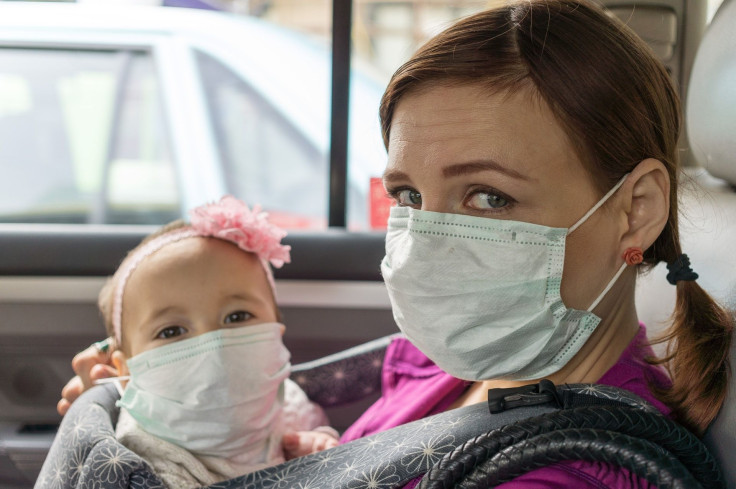Majority of Children 'Probably' Have Coronavirus, Says NYC Pediatrician

KEY POINTS
- A NY-based doctor said most children 'probably' have coronavirus
- Children were often not tested for COVID-19 because their illnesses are considered mild
- Asymptomatic children could be unknowingly passing the disease to others
The elderly and the immunocompromised were most at risk of developing a severe illness amid the coronavirus pandemic, but younger people were falling victim to the disease as well. According to a pediatrician, it was possible that most children already have coronavirus, and that they may be serving as vectors of the disease.
As of April 2, of the 149,082 confirmed COVID-19 cases, in the United States, in which the age of the patient was known, 1.7% were children under the age of 18. Among the 147 children who were known to have been hospitalized, 59 were under one year old.
However, in an interview with CBS News, Dr. Dyan Hes of New York City's Gramercy Pediatrics said the official numbers may not be reflecting what was actually happening.
"I don't mean to be rude, but the numbers are totally wrong," Hes told CBS News. "I think that probably 80% of the children have coronavirus. We are not testing children. I'm in New York City. I can't get my patients tested. And we have to assume, if they are sick, they have coronavirus."
According to Dr. Hes, the reason why the number of infected children was unknown was because most of them were asymptomatic. And even those who ended up getting sick and presenting common symptoms were not being tested for the disease.
"We have zero tests for children. We have zero swabs," Hes said. "I've had patients whose parents have COVID, child has a 102.5 fever. At the beginning when we were doing this, we were sending them to the ER. They got turned away. They were not tested because we do not have enough tests and the kids are doing well."
As Hes explained, the tests in New York City were being saved for the sickest patients.
What's concerning, according to Hes, was that because many of these children were asymptomatic, they may be passing it to those who can develop a more severe disease.
These could be the people around them, or even the teachers the children came in contact with at school. In fact, on Monday (April 13), the New York City Department of Education announced 21 teachers have died of COVID-19.
"(O)ur biggest mistake was that we didn't close the public schools when we should have," Hes said.
As such, Hes reiterated the importance of social distancing and proper hand hygiene while the children were out of school. Doctor visits were also not advised unless it was for a vaccine schedule or if the child was short of breath. The children's things must also be kept clean and disinfected, and in-person play dates as well as trips to visit grandparents were best avoided for the time being.
"If you're social distanced and your child has a fever, then somehow that child probably brought it into the house by playing with a neighbor or maybe when you went grocery shopping, you brought it in," Hes said. "But you just have to keep that child at home for 14 days. Socially distance. When they go back out, if they're above age 2, they should be wearing masks."
© Copyright IBTimes 2025. All rights reserved.






















